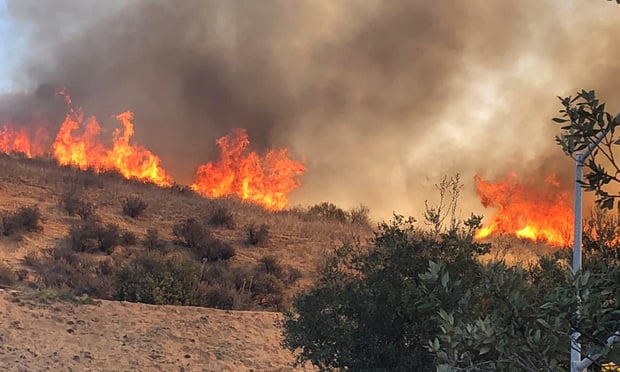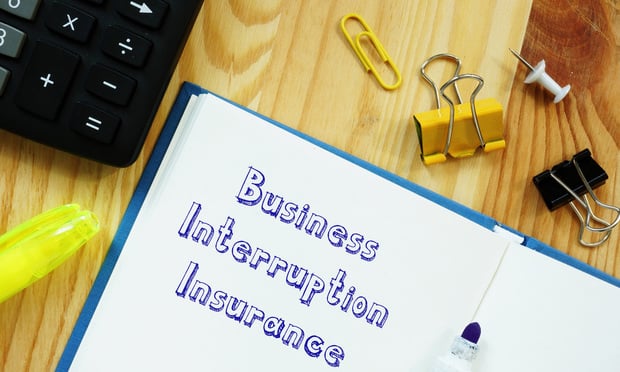© 2025 ALM Global, LLC, All Rights Reserved. Request academic re-use from www.copyright.com. All other uses, submit a request to [email protected]. For more information visit Asset & Logo Licensing.
Trending Stories
Events
- InsuranceComplex Claims & Litigation Forum 2025February 24, 2025 - Las VegasThis conference aims to help insurers and litigators better manage complex claims and litigation.More Information
- GlobeSt. Multifamily Spring 2025 April 01, 2025 - New YorkJoin the industry's top owners, investors, developers, brokers & financiers at THE MULTIFAMILY EVENT OF THE YEAR!More Information
- GlobeSt. Net Lease Spring 2025 April 01, 2025 - New YorkThis conference brings together the industry's most influential & knowledgeable real estate executives from the net lease sector.More Information
Recommended Stories
Los Angeles wildfires: What will they mean for insurance in the state?
By Corey Dahl | January 10, 2025
Early estimates expect the damage to top $50 billion.
What is the most dangerous month of the year?
By Brittney Meredith-Miller | January 10, 2025
Being aware of seasonal risks is imperative to their mitigation.
10 Tips for business preparedness in 2025
By Joe Toppe | January 09, 2025
Market Research Future: Business interruption insurance market to reach $33.61 billion by 2032.
Resource Center

eBook
Sponsored by AgentSync
The Future of P&C Insurance: The Race to Contain Costs Amid Rising Catastrophic Losses
The P&C insurance sector is currently facing challenges. This eBook outlines the most pressing problems, the most promising solutions, and a few examples of these principles in action.

Case Study
Sponsored by CoreLogic
Revolutionizing Claims Processing: How a Leading Insurer Transformed Water Mitigation Reviews
Discover how one insurer drastically improved the efficiency of their water mitigation claim reviews, reducing costs and time while enhancing decision-making. Learn how this approach can transform your claims process, making it faster, more accurate, and less resource-intensive.

Assessment
Sponsored by AgentSync
Distribution Channel Management Assessment
Navigating today’s insurance landscape requires more than instinct. Assess the strengths and gaps in your distribution strategy with this comprehensive tool. Discover actionable insights to refine operations, enhance data quality, ensure compliance, and scale efficiently. Evaluate your current capabilities and see where you stand across five crucial areas. Start building a more resilient and agile network today.





